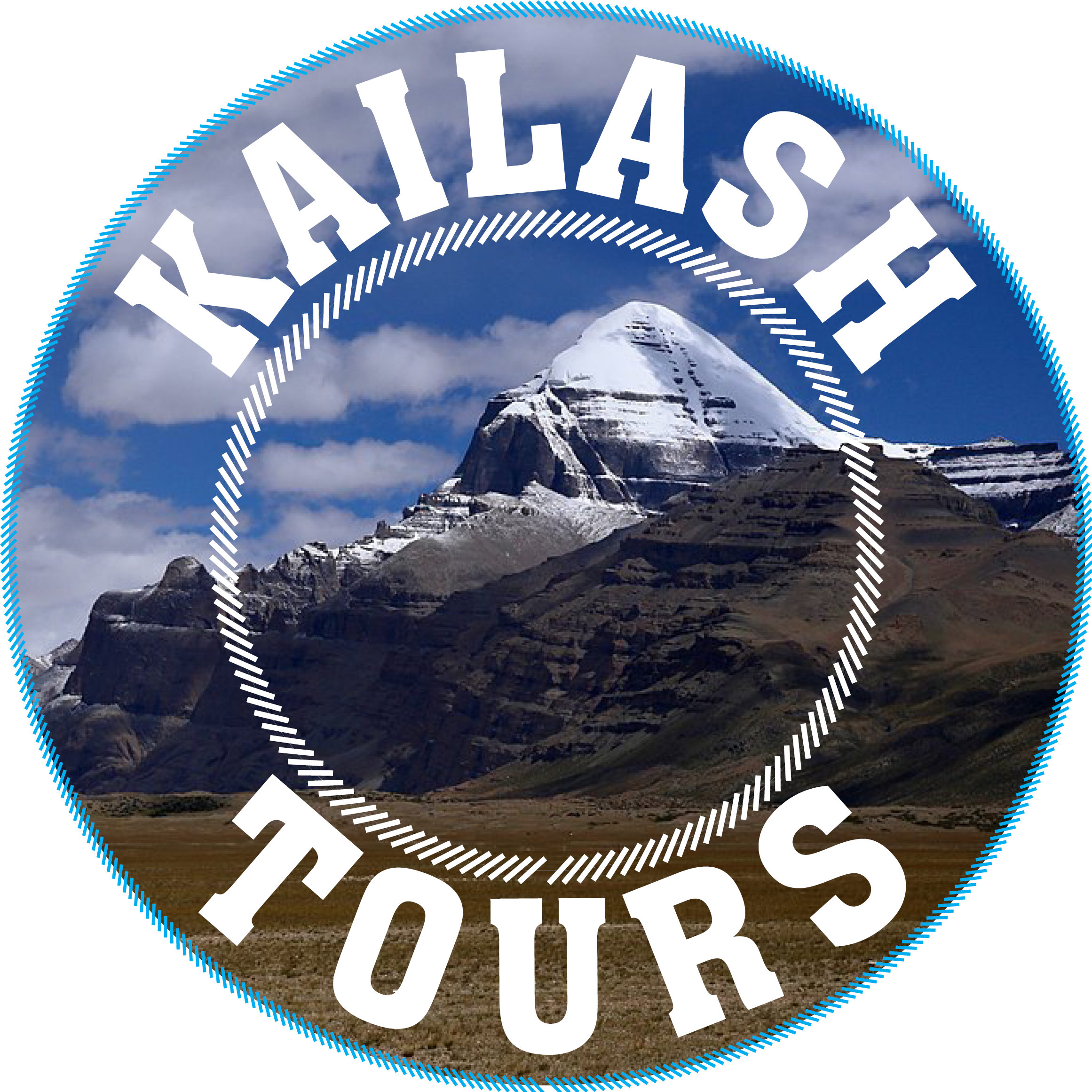Tibet is an autonomous region located in the southwestern part of China. It is known for its breathtaking landscapes, high-altitude plateaus, and rich Buddhist culture. Here are some key points about Tibet:
- Geography: Tibet often referred to as the “Roof of the World” due to its high elevation. It gets border by the Himalayas to the south and the Kunlun Mountains to the north. The region is home to numerous mountains, including Mount Everest, the highest peak in the world.
- Tibetan Buddhism: It has a deep-rooted Buddhist culture, and Tibetan Buddhism is a major influence in the region. Monasteries and temples scatters throughout Tibet, and the Potala Palace in Lhasa, the capital city, is one of the most important religious and cultural sites.
- Lhasa: Lhasa, situated at an elevation of around 3,656 meters (11,975 feet), is the capital city of Tibet. It is home to significant landmarks such as the Potala Palace, Jokhang Temple, and Barkhor Street. These sites attract a large number of tourists and pilgrims each year.
- Unique Festivals: Tibet is known for its vibrant festivals that showcase its religious and cultural heritage. The most famous festival is the Tibetan New Year, also known as Losar. Other notable festivals include the Saga Dawa Festival and the Shoton Festival.
- Mount Kailash and Lake Mansarovar: Mount Kailash, located in western Tibet, considered sacred by several religions, including Buddhism, Hinduism, and Jainism. It is a popular pilgrimage site, and many visitors embark on the Kailash Parikrama, a circumambulation around the mountain. Lake Mansarovar, situated nearby, is another holy site for pilgrims.
- Natural Beauty: It boasts stunning natural landscapes, including vast grasslands, alpine lakes, snow-capped mountains, and the famous Yarlung Tsangpo Grand Canyon. The region is also home to unique wildlife such as Tibetan antelope, wild yaks, and snow leopards.
- High Altitude: Travelers should be aware that Tibet has a high altitude, with most areas situated above 3,000 meters (9,800 feet). It is also important to take precautions and acclimatize properly to avoid altitude sickness.
- Travel Restrictions: Traveling to Tibet also requires permits, and there are certain restrictions impose by the Chinese government. It is necessary to join a tour or accompanied by a guide approved by the authorities to visit many parts of Tibet.
When planning a trip to Tibet, it is advisable to consult with a reputable travel agency or tour operator to ensure you have the necessary permits and make the most of your visit to this unique and culturally rich region.
